An Afternoon Together. With Rocco Caporale
Acquaintances, colleagues, and friends came together to reminisce and share anecdotes, thoughts, and moments from the public and private life of this intellectual who passed away last year. The event was organized by the Italian Heritage and Cultural Committee of New York (IHCC), St. John’s University, John D. Calandra Italian American Institute (CUNY) and by the Coccia Institute (Montclair State University).
An educator for over thirty years, Rocco Caporale was born in Santa Caterina dello Ionio in 1927. His life was dedicated to research and sociology, and it was an intense life that many friends recalled with fondness while seeking his presence within their words.
Joseph Sciame of the IHCC, Mary Anne Re, Dawn Esposito, Anthony Tamburri, Jerome Krase, Sal LaGumina, Ottorino Cappelli, Fred Gardaphè, Taina Elg Caporale (Rocco’s wife of twenty-five years and Italian-Finnish actress), his daughter Caterina, Gaetano Cipolla, Mario Fratti, Angelo Gimondo, and Mario Mignone came together as friends to share their memories of a man to whom the Italian community in New York City owes a great deal.
Academic research was not Rocco Caporale’s only interest. Soon after he launched his academic career, or perhaps first and foremost, he had a passion: to promote and help “his” southern Italy. For this reason he created several organizations that straddled Italy and many countries all over the world and allowed him to promote cultural exchange and research.
Under his direction, the Institute for Italian American Studies and Pontes International worked to realize cultural exchange in southern Italy and the rest of the world, as well as the International Association of the Magna Grecia and the International Committee for the Mezzogiorno.
In addition to these activities, Rocco was also directly involved with the Italian Heritage and Cultural Committee which is primarily responsible for organizing the events that mark October as Italian Heritage Month in New York City. As a sociologist and expert in migration patterns, Rocco understood how important statistical analysis was to the Italian vote abroad, and over the past few years his research brought several problems to the forefront.
Everyone who spoke recalled his intense, frequent, and far-sighted research focus. Salvatore LaGumina, Jerry Krase, Anthony J. Tamburri, and Fred Gardaphè all recounted his rigor as a sociologist and his intellectual forethought that inspired him to speak, for example, in uneasy terms of the necessity for an Italian American Encyclopedia.
Krase emphasized that Rocco had defined part of his life and the life of the college, and this sentiment was repeated by the other scholars who shared their personal recollections.
“You felt his absence when he couldn’t come…,” Krase recalled. Rocco was the only one who didn’t ask him why he was so concerned with Italian Americans.
Mary Ann’s words described her memories of being one of his devoted students. After having attended one of his lectures, she decided to focus her studies on sociology. She recounted her memories as a student who was so impressed with her professor, and included the amusing anecdote in which her father, the illustrious Judge Edward Re, telephoned Rocco Caporale without ever having met him and said: “You’re the one who took Mary Ann away from law school.”
Ottorino Cappelli, instead, told a story based on official documents that evoked one single day in Rocco’s life. It was an extraordinary day, one in which the sociologist was called to testify at a hearing of the parliamentary commission investigating the reconstruction of post-earthquake Irpinia. Rocco had in fact conducted significant research on this topic, revealing a system of corruption and bribes which then came to be known as “Irpinia-gate.” That parliamentary hearing marked a profound moment in his life. From the documents there emerges an evident contrast between a decidedly sociological inquiry and someone who was anxious (and also perhaps fearful) because he knew both the first and last names of the guilty parties.
In the following speech given by his daughter Caterina, who in 1980 was still very young, said: “Yes, I remember it clearly.
One night he called me and thattelephone call was different than the others. He never would have admitted to being scared, but I could feel that he was. It was a poignant phone call.”
Consul General Francesco Maria Talò was also among those present. “I only saw him a few times,” he said, “but I had a way of appreciating his career, his caliber as a scholar who represents the profound capacity of our south.” And with a few words he described another characteristic of the Caporale, the intellectual and the man: “He was a scholar who only believed in data. His research was not based on opinion.
I remember one time when we were discussing the Italian elections. Fact and figures – for him data was the basis for everything. I recently had the opportunity to understand his relationship to the earthquake in Irpinia. I read everything, and I recently learned that it would be redistributed in Italy because it could still be useful, especially with the tragic earthquake in Abruzzi.”
Gaetano Cipolla remembered him in this way: “He was a great organizer. Enthusiastic. I remember one anecdote in particular while we were on a tour of the Magna Grecia. He made me translate the jokes of a comic into English, jokes that were off-color. It was difficult for me, but very entertaining. I had to go between dirty words in Sicilian, Italian, and Calabrese.”
There was also another friend who joined them on this trip, Mario Fratti. The man of the theater shared many memories of Rocco, and above all he talked about how accomplished Rocco was, and how for him even the stones also had a tale to tell.
Rocco’s wife Tania sat in the audience and listened with attentive emotions, gathering every shade of meaning in the words she heard. She spoke with a weak but firm and trained voice, and when she left the stage she thanked all of the presenters in this way: “I was very lucky to be Rocco’s wife…” Her words were a testimony to how her husband helped her to begin a career in the theater and how this was so important to him and his family. Similarly, Caterina’s words recalled several moments when her father had succeeded in instilling his sense of hope and optimism in her.
Rocco Caporale’s presence echoed in everyone’s words and faces as they spoke. His amusing way of doing things, often detached but reassuring, came through in the memories they shared. For those who knew him, like I did, he was a great friend and a point of reference. He was a window of considerable knowledge onto the Italian and Italian-American communities. He was always ready and able to find the positive side of everything, and when this was truly not possible, he used self-deprecating humor to find the lighter side. He was a master of the southern sense of humor, and it’s his sense of humor that I miss most.
It is difficult, for me as his friend, to end this tribute and summarize the life of someone who I will always carry with me in my memories.
(Translated by Giulia Presia)






























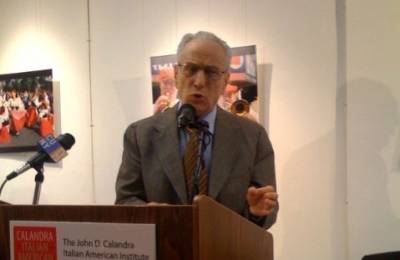
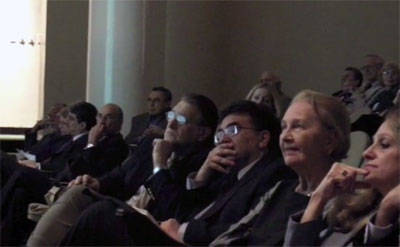
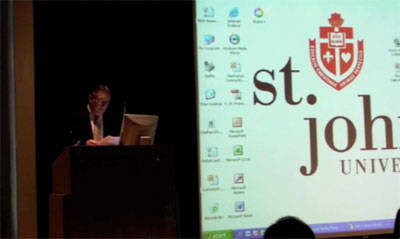
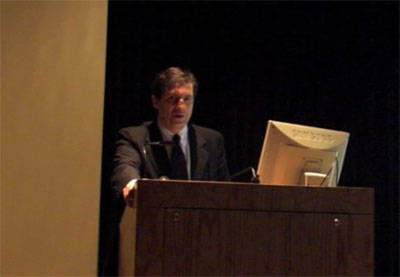
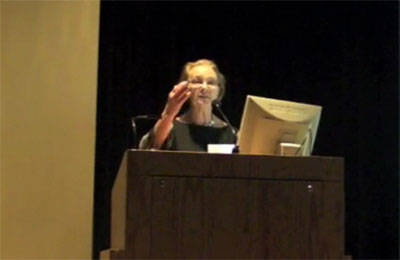
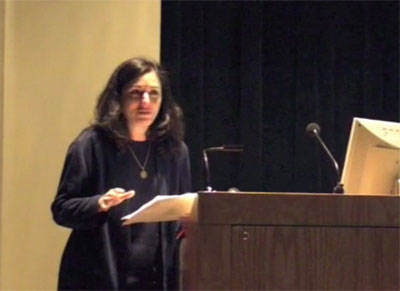
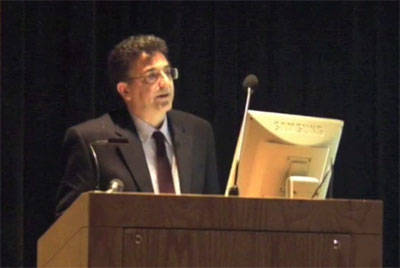
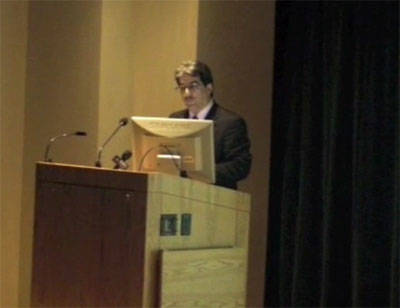
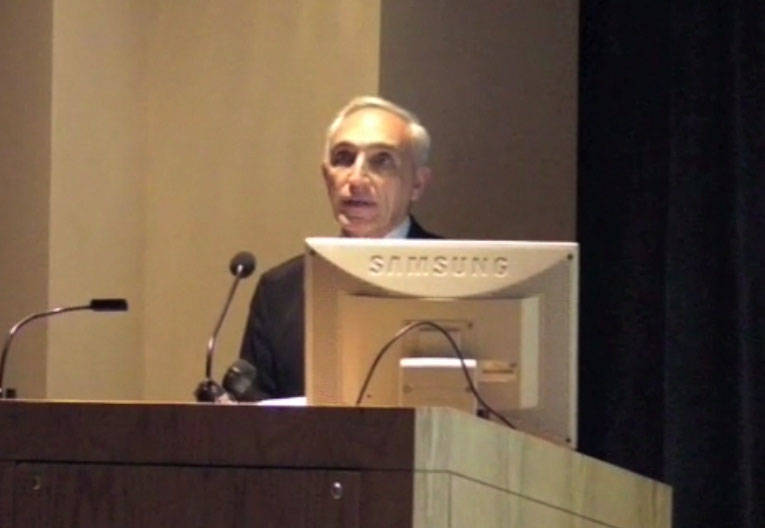
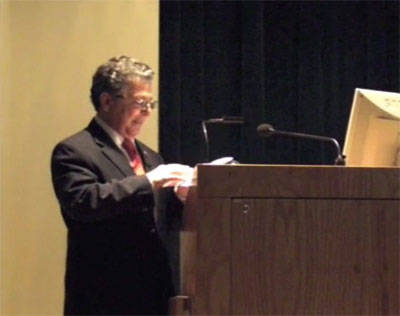
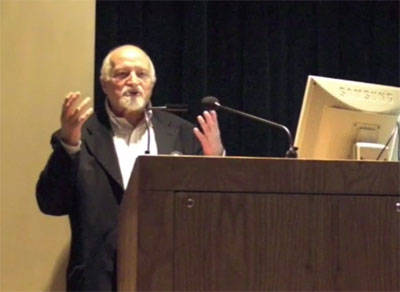
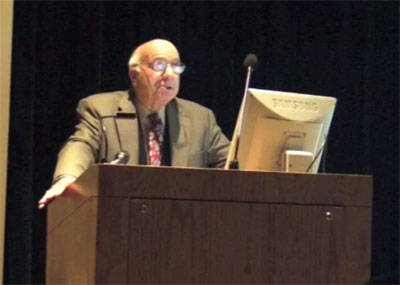
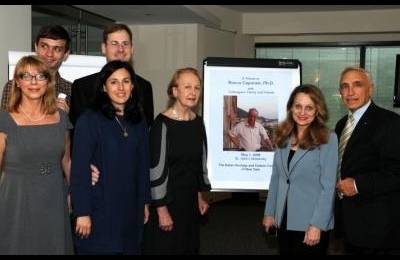



i-Italy
Facebook
Google+
This work may not be reproduced, in whole or in part, without prior written permission.
Questo lavoro non può essere riprodotto, in tutto o in parte, senza permesso scritto.